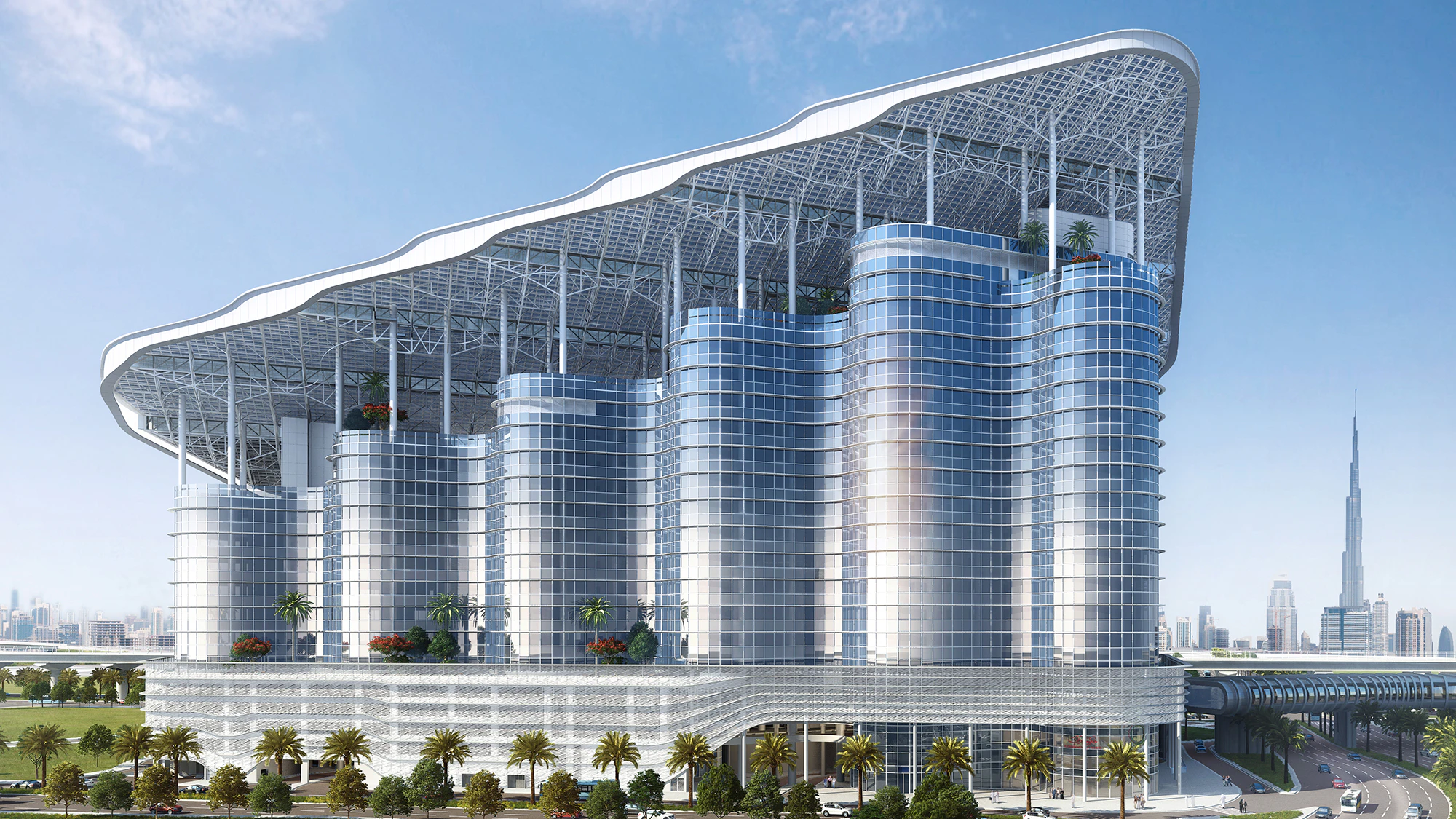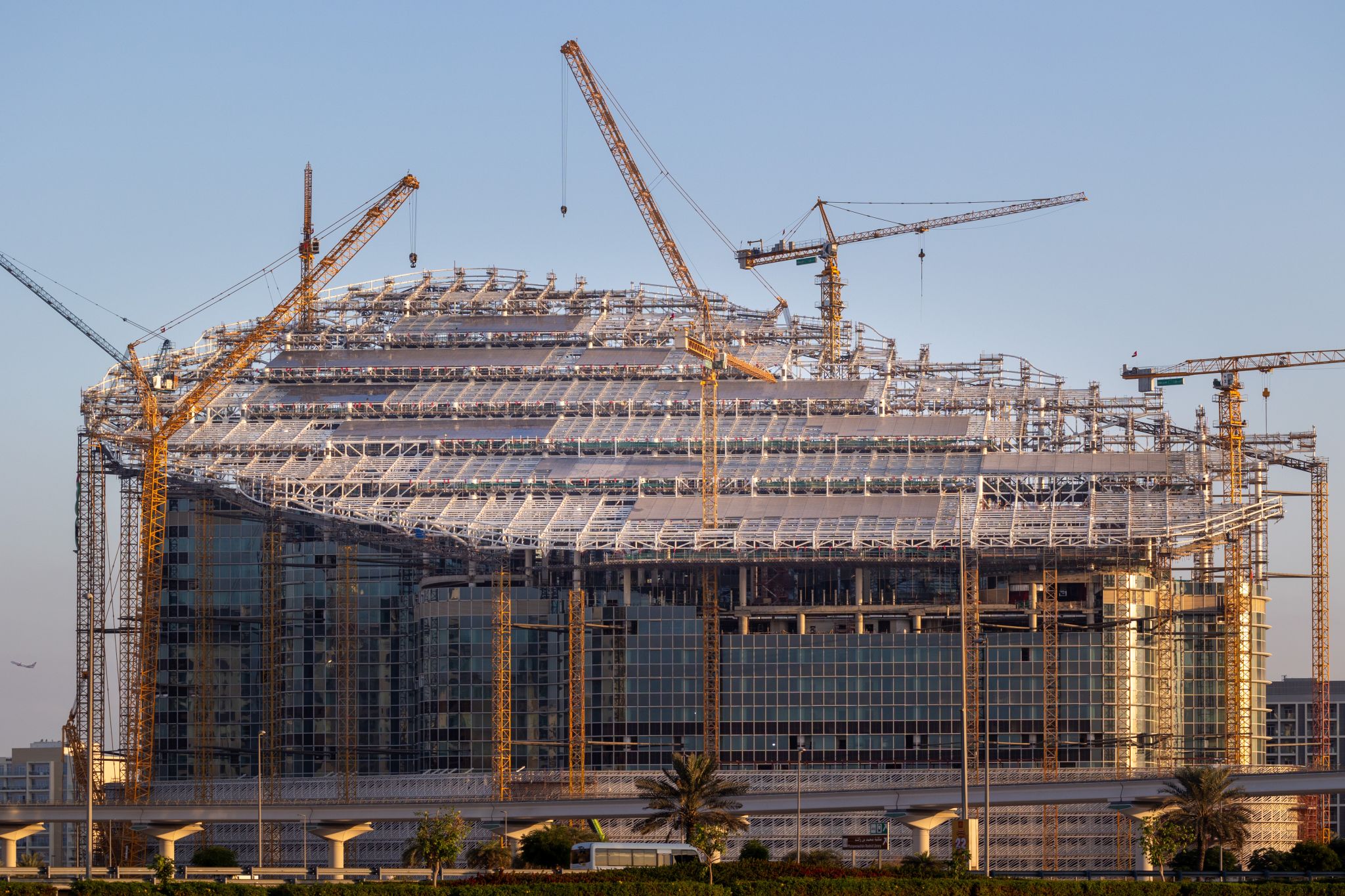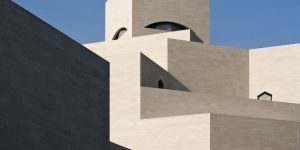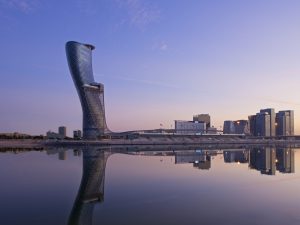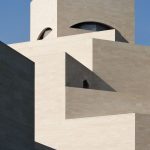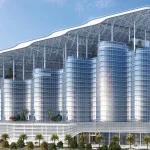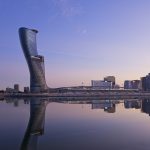Foamglas Insulation: A Key Element in DEWA HQ’s Net Zero Energy Design
The new headquarters of the Dubai Electricity & Water Authority (DEWA), known as ‘Al Sheraa’ (‘The Sail’), stands as a pioneering achievement in sustainable construction. Spanning 20 storeys with four parking levels and a total surface area of 194,000 m², the building is certified as a Net Zero Energy Building. Designed to achieve ‘LEED Platinum’ and ‘WELL Silver’ certifications, it is powered by the world's largest photovoltaic sail integrated into a building, generating 4.2 MWp of electricity. Among the many innovations that contribute to its sustainability, Foamglas Insulation plays a crucial role in ensuring long-term performance, durability, and fire safety. Selected for its exceptional properties, Foamglas insulation was used extensively on the project to meet the high-performance requirements of the architects and engineers.
Why Foamglas?
Foamglas Insulation was chosen due to its unique bundle of properties:
Superior Thermal Performance
Its long-term thermal stability ensures consistent energy efficiency over decades.
High Compressive Strength
Unlike other insulation materials, Foamglas maintains its structure under heavy loads without deformation.
Hermetically Sealed Glass Cells
These prevent the passage of liquids and gases, making it an excellent moisture-resistant solution.
Sustainability
Made from 60% recycled glass, Foamglas contributes to LEED credits, reinforcing the project’s green building goals.
Fire Safety
With a Euro Class A1 fire rating, Foamglas is completely non-combustible, providing peace of mind against fire hazards.
Meeting the Challenges of a Net Zero Energy Building
A Net Zero Energy Building must generate as much power as it consumes, which DEWA HQ achieves through extensive solar panel installations. The architects sought an insulation solution that would not only support energy efficiency but also align with the building’s fire safety and durability standards. Additionally, the roof design includes extensive green roof areas that enhance aesthetics and reduce energy consumption through evaporative cooling. Since green roofs require a thick layer of soil that retains moisture, the insulation beneath them had to be resistant to prolonged exposure to damp conditions. Foamglas’ inorganic composition and closed-cell structure provided the ideal solution, safeguarding the waterproofing layers above while maintaining superior thermal performance.
Longevity and Reliability
One of the key considerations for the architects was the durability of materials used in the building. Foamglas offers a service life of over 100 years, ensuring that the insulation will stand the test of time without compromising performance. Moreover, in the event of damage to the waterproofing membrane, Foamglas limits water and vapor ingress to localized areas, preventing widespread deterioration.
A Future-Proof Insulation Solution
By addressing critical factors such as fire safety, durability, moisture resistance, and sustainability, Foamglas proved to be the perfect fit for the DEWA HQ project. It not only meets the stringent requirements of a Net Zero Energy Building but also ensures long-term protection and reliability.
Project Team
Design : Obermeyer Architects
Client : Dubai Electricity and Water Authority
Contractor : UNEC
Waterproofing Contractor : Isam Kabbani
Client : Dubai Electricity and Water Authority
Contractor : UNEC
Waterproofing Contractor : Isam Kabbani
With the integration of Foamglas Insulation, DEWA HQ sets a benchmark for future sustainable buildings, demonstrating how high-performance materials can contribute to the success of energy-efficient and resilient architecture.

